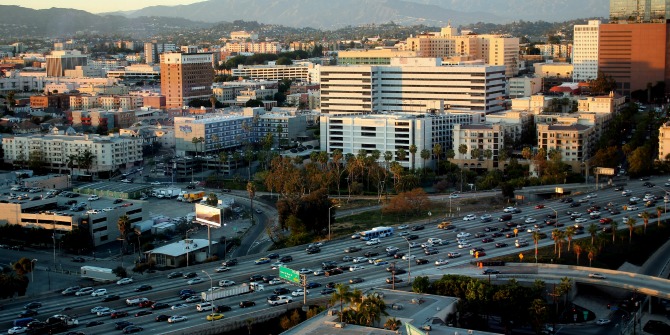

When in 2004 the newly established UN Road Safety Collaboration forum (UNRSC) was considering the inception of a global day on which to emphasise road safety, the endorsement of the World Day of Remembrance was suggested by its initiator, who represented road victims on this forum as FEVR’s president from 2004–2010. At first the Day was named ‘European Day of Remembrance’, but soon ‘World Day’ when NGOs from Africa, South America and Asia – associated members of FEVR – joined, and when the Pope began to mention road victims in his Angelus Address on the 3rd Sunday of November. Many different remembrance events and ceremonies began to be held each year. Then from 1995 onwards, on the initiative of the Founder of RoadPeace, all other road victim organisations under the umbrella of FEVR agreed to remember road victims in their respective countries on a common day and chose the 3rd Sunday of November as this Day. In the UK, several church services in memory of road traffic victims were held in 19, coordinated by UK’s charity for road traffic victims RoadPeace, founded in 1992 and an affiliated member of the European Federation of Road Traffic Victims (FEVR) since 1993. On World Day we too pay tribute to the dedicated emergency crews, police and medical professionals, who deal daily with the traumatic aftermath of road crashes.

This Day has also become an important tool for governments and all those whose work involves crash prevention or response to the aftermath of crashes, since it offers the opportunity to demonstrate the enormous scale and impact of road deaths and injuries, call for an end to the often trivial and inappropriate response to road death and injury and advocate for urgent concerted action to stop the carnage. It is a high-profile global event to remember the many millions who have been killed and seriously injured on the world’s roads and to acknowledge the suffering of all affected victims, families and communities – millions added each year to countless millions already suffering: a truly tremendous cumulative toll. The World Day of Remembrance for Road Traffic Victims (WDR) is commemorated on the third Sunday of November each year. Traffic law enforcement, thorough investigation after a crash to find out if a crime was committed and to prevent recurrence, criminal prosecution where appropriate and civil compensation are all part of the justice system. When carried out seriously, fairly and consistently, such a system is what road crash victims who have been injured or had a family member killed as the result of someone’s law–breaking or negligence deserve and wish for, since it also represents a main factor of prevention and this would mean that lessons are learnt from their tragedies so that they may not be repeated. promote evidence-based actions to prevent and eventually stop further road traffic deaths and injuriesĮvery year, millions more road victims are added to the current toll of over 50 million killed and hundreds of millions injured since the first road death 125 years ago last August – a disaster that continues day in and day out in all countries of the world. It is an actual pandemic, affecting primarily our vulnerable and our young, which in addition to the trauma of injury and bereavement has also a devastating economic impact for countries, communities and families. Therefore, during the new Decade of Action 2021-2030 the World Day will have the important role of helping to achieve the 50% road casualty reduction target.advocate for better support for road traffic victims and victim families.draw attention to the generally trivial legal response to culpable road deaths and injuries and advocate for an appropriately serious response.acknowledge the crucial work of the emergency services.

remember all people killed and seriously injured on the roads.As every year, the objectives of WDoR 2023 are to provide a platform for road traffic victims and their families to:


 0 kommentar(er)
0 kommentar(er)
